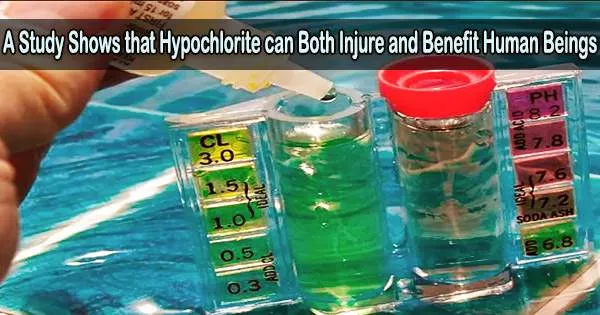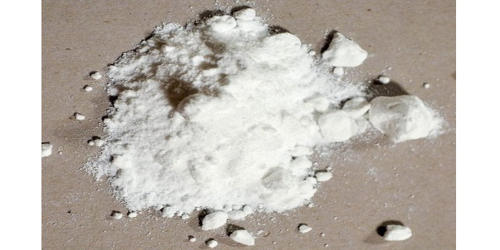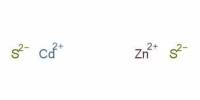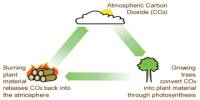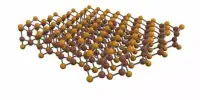Human cells have the ability to produce hypochlorite, the same substance found in household bleach that kills bacteria and viruses.
The health issues linked to arthritis, coronary artery disease, Alzheimer’s disease, and many other inflammatory illnesses are exacerbated when the body produces too much hypochlorite.
However, recent studies from the Universities of Cambridge and Flinders have shown that some biological molecules are controlled by reactions with hypochlorite that are beneficial rather than detrimental.
“The reaction of hypochlorite with biological molecules is typically considered a form of ‘collateral damage’ within the body,” explains Dr. Amy Wyatt, senior lecturer in Biochemistry at Flinders University’s College of Science and Engineering.
“We believe it plays a more complex role in human health. Our data shows that hypochlorite neutralizes a molecule that is normally toxic to cultured human brain cells this finding could be a key to help unlock new ways to prevent or treat Alzheimer’s disease and other inflammatory conditions.”
The reaction of hypochlorite with biological molecules is typically considered a form of ‘collateral damage’ within the body.
Dr. Amy Wyatt
The study by Dr. Amy Wyatt and her team, which included postdoctoral researcher Dr. Noralyn Mañucat-Tan and colleagues from the University of Cambridge, was published in the journal Redox Biology. It shows that the reaction of hypochlorite with amyloid-beta peptide, which is best known for its role in promoting Alzheimer’s disease, significantly reduces the peptide’s ability to kill cu.
The findings of this study are consistent with the hypothesis that in a healthy state, low levels of hypochlorite synthesis shield the brain from the harmful effects of amyloid-beta peptide.
However, during inflammation, when the generation of hypochlorite is increased, its function changes and it turns into a molecule that is fundamentally harmful.
“These findings are just the start,” says Dr. Wyatt. “Further studies that identify the biological concentration at which the activities of hypochlorite are helpful versus harmful may pave the way towards designing novel therapeutic strategies to prevent or treat Alzheimer’s disease and other inflammatory conditions.”
